why you need business auto Insurance
Learn More
Spot On Coverage

Some business vehicles we help find coverage for:
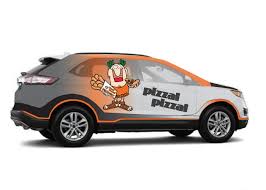
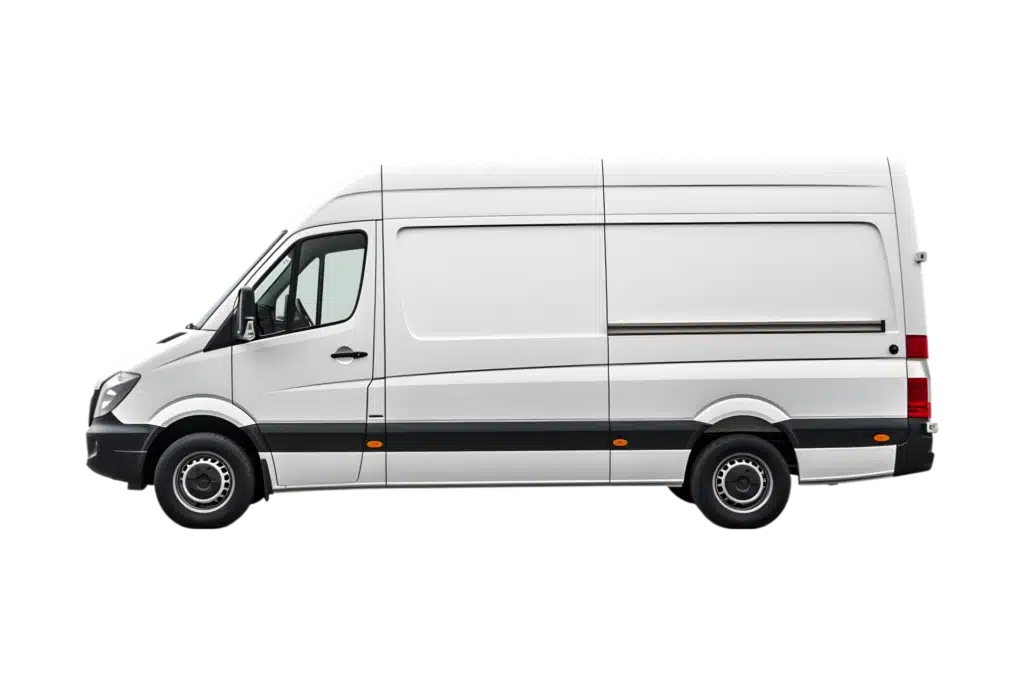
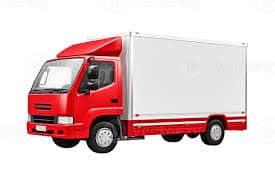
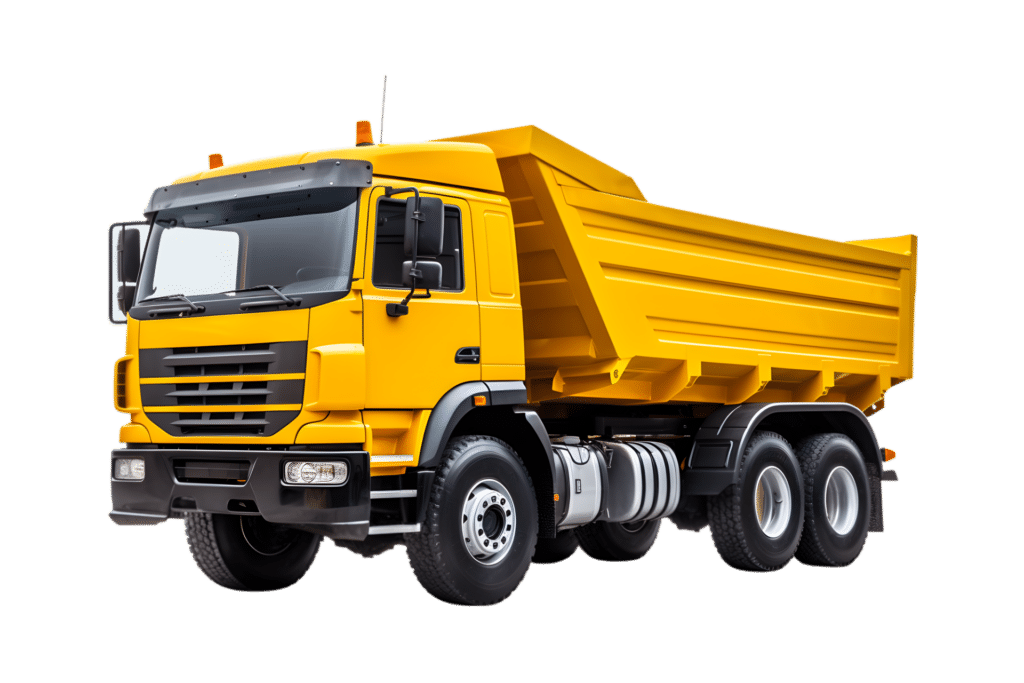
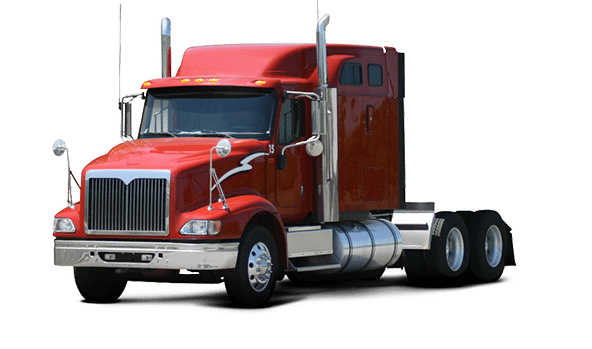
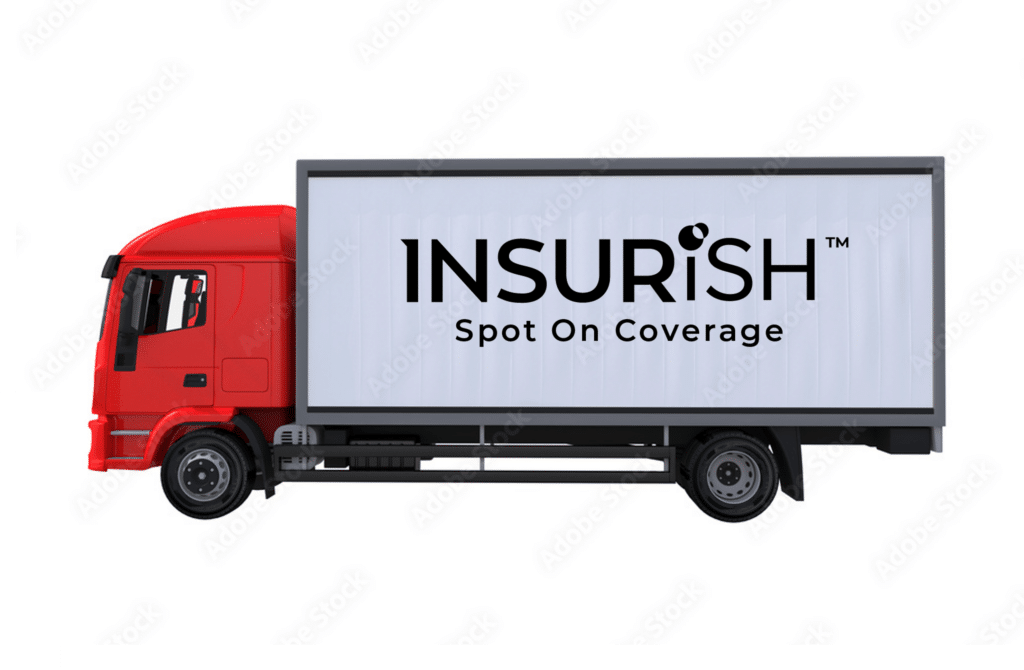
REQUIRED BY LAW:
Michigan mandates that all commercial drivers purchase four auto insurance coverages.
LIABILITY PROTECTION:
Shield your business from liability for injuries, property damage, and lawsuits.
YOUR MEDICAL EXPENSES:
Ensure coverage for medical expenses for you, your employees, and passengers in case of an accident.
PROTECTION FOR YOUR COMMERCIAL VEHICLES:
The four required coverages in Michigan do not provide protection for damage or replacement of your business vehicles. To ensure coverage for your business vehicles, Collision and Comprehensive coverages are needed.
Michigan Law Requires You to Purchase Four Business Auto Coverages:
Personal Injury Protection (PIP):
Provides coverage for medical expenses of Michigan drivers and their passengers, regardless of fault.
In Michigan, each driver’s PIP covers their own medical expenses and those of their passengers, regardless of fault.
If a Michigan driver is at fault in an accident involving a non-Michigan driver, their required Personal Injury Protection (PIP) coverage will also cover their medical expenses as well as those of their passengers.
On the other hand, if a Michigan driver is NOT responsible for an accident involving a non-Michigan driver, the non-Michigan driver’s Bodily Injury Liability coverage will cover the Michigan driver’s medical expenses and those of their passengers.
Personal Protection Insurance(PPI):
Covers the costs of repairing or replacing a Michigan resident’s damaged property in an accident, regardless of fault.
This coverage extends up to $1 million for property damage, including buildings, fences, and properly parked vehicles.
PPI does not cover damage to the Michigan driver’s vehicle or their property. To cover damages and repairs to your auto, the Michigan driver would need to purchase optional Collision and Comprehensive Coverages.
Bodily Injury Liability(BI):
Provides protection for injuries to people in other vehicles if the accident involves a non-Michigan driver.
This coverage pays for the medical expenses of others if a Michigan driver is at fault in an accident involving a non-Michigan driver. BI coverage also extends to passengers in the non-Michigan driver’s vehicle, as well as pedestrians or cyclists who may be injured. BI includes compensation for medical costs, pain and suffering, and lost wages for the injured parties.
However, BI does not cover injuries sustained by anyone in the Michigan driver’s vehicle. Injuries resulting from an accident are covered under the Michigan driver’s required Personal Injury Protection (PIP) coverage.
Personal Damage Liability (PD):
Covers property damage, including vehicles, for non-Michigan drivers.
This coverage pays for the costs of repairing or replacing a non-Michigan driver’s damaged property if the Michigan driver is found at fault. PD insurance covers repairs to their vehicles, buildings, and other damaged property.
However, PD does not cover damage to the Michigan driver’s commercial vehicle. To cover damages and repairs to their vehicle, the Michigan driver would need to purchase optional Collision and Comprehensive coverages.
Optional Business Auto Insurance Coverages:
Collision Coverage:
Assists in covering the costs of repairing or replacing your business vehicle after an accident, regardless of fault.
Example: While swerving to avoid a deer, you collide with a guardrail, resulting in $5,000 worth of damage to your business vehicle. With a $500 collision deductible, you’ll cover this amount. Your insurance company will cover the remaining $4,500.
Comprehensive Coverage:
Provides protection against non-collision events beyond your control, such as theft, fire, vandalism and more.
Example: Your business vehicle sustains $3,500 in damage from a hailstorm. With comprehensive coverage and a $250 deductible, your insurance company will cover $3,250 of the repair costs, while you’ll be responsible for the remaining $250 to get your business vehicle fixed.

Uninsured/Underinsured Motorist Coverage (UM/UIM):
Covers injuries and property damage caused by a driver with little or no insurance.
Example: An uninsured driver cuts into your lane and sideswipes your business van causing $5,000 of damage. You have a $20,000 UM property damage limit which covers your damages.
Rental Car Reimbursement:
Assists in covering the expenses of a rental vehicle while your business vehicle is being repaired following an accident.
Example: After the accident, your delivery van needs extensive repairs and will be in the shop for a week. You rely on your van to deliver your products, so you need a temporary solution. Fortunately, your rental car coverage offers a daily limit of $30 for up to 30 days. As a result, you’ll receive $210.00 to cover the rental van expenses during this period.
Roadside Assistance Coverage:
Covers towing services if your business vehicle breaks down for any reason.
Example: You’re physically unable to change a flat tire, and you need help. Fortunately, you have roadside assistance coverage with a $100 per tow limit, which pays to get your business vehicle to the nearest repair shop.
Hired & Non-Owned Auto Coverage:
Provides financial protection for your business by covering any bodily injury or property damage liability issues that result from accidents involving rented vehicles or employee-owned vehicles used for work-related activities.
Example: Your employee has been in an accident making a delivery in their own car. There is damage to the car which is covered by the business owner’s non-owned auto coverage.
Potential Savings to Explore:
Insurance discounts can differ depending on the insurance provider you select. It is important to note that not all carriers offer the same discounts.
Flexi-Bundle™ & Save:
Flexi-Bundle™ Discount: Combine up to four insurance products and select from up to four insurance carriers.
Frequently Asked Questions
Please Note:
At Insurish, we provide general information on insurance products to help you grasp their different aspects. It’s important to note that this information isn’t an insurance policy and doesn’t pertain to any specific carrier’s policy. It doesn’t alter any provisions, limitations, or exclusions expressly stated in an insurance policy. Descriptions of coverages, discounts, and features are concise. For a comprehensive understanding of specific policy details, we recommend reading the applicable policy and consulting an Insurish agent. Coverages and features vary by insurer and state and may not be available in all states. Coverage for accidents or losses depends on the terms and conditions of the actual insurance policy. References to premiums, losses, deductibles, and costs are illustrative and may not apply to your circumstances. Insurish is not liable for the content of third-party sites linked from this page.

